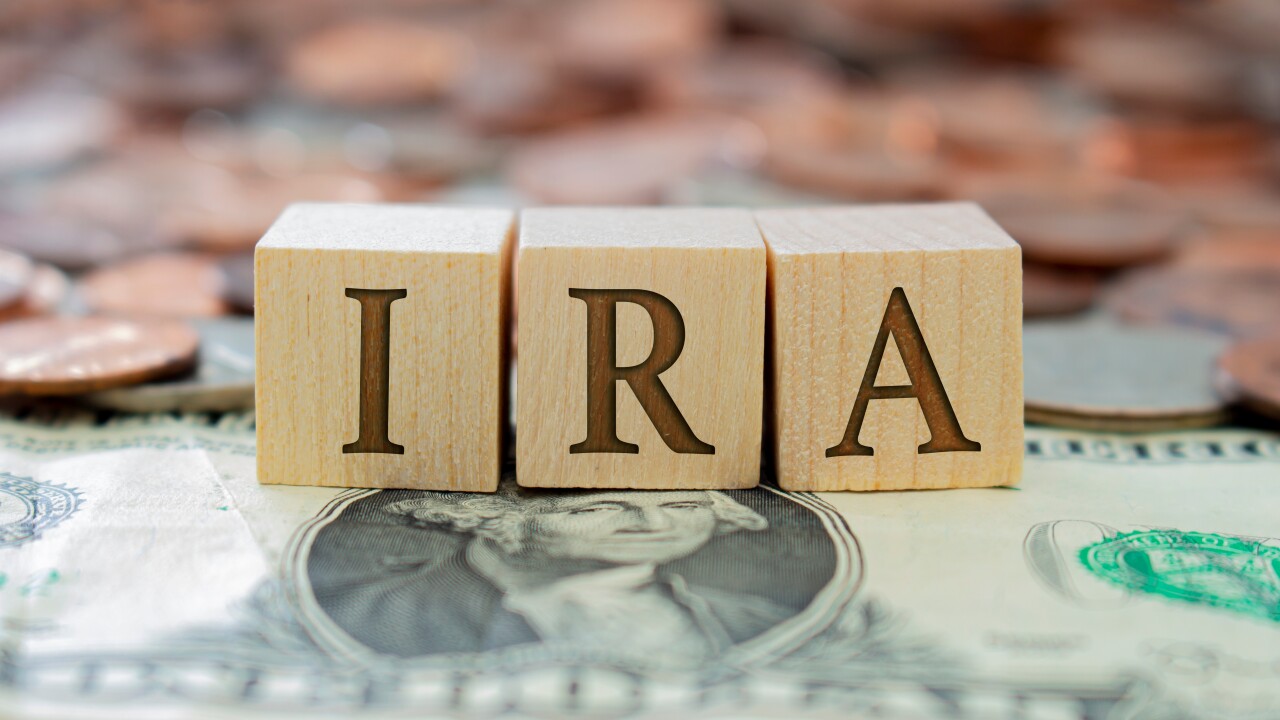A long, long time ago—back in the happier, fatter economic times before the dot-com bubble burst—I worked for a company that gave employees an annual year-end bonus that numbered in the 4-digit range.
Certainly not Bank of America levels, but still. It. Was. Awesome.
The bonus supposedly was tied to employee performance, but if you paid attention you realized that no one ever seemed to not get a bonus. So, either everyone was a top-tier performer, or the tether from performance to the bonus was a pretty weak one.
That company committed two of the three biggest mistakes that Michael Levy — president of Online Rewards, who has created employee reward and recognition programs for Macy’s, British Airways, the U.S. Army, State Farm Insurance and BMW — lists among his three tips for making the most of employee bonuses.
Even though cash tops employees’ holiday wish lists this year, Levy says it’s time to re-examine the conventional wisdom regarding the value of year-end bonuses. He offers three bonus secrets that employers need to know:
1. Don’t give year-end bonuses. The year-end bonus doesn’t impact behavior, Levy says, because it’s symbolic, rather than strategic. Recognition should be tied to individual behaviors in real-time. Holiday bonuses, he notes, are too far removed from the positive behaviors that are completed throughout the year to be meaningful, and they don’t relate to the actual contributions of the individual employees who are generating the outcomes.
2. Don’t encourage a culture of entitlement. Instead of a lump sum payment once a year, savvy employers are creating reward and recognition programs that recognize and reward at the time of the behavior, according to Levy. These timely bonuses distinguish between employees based on their individual performance. They strengthen relationships between employees and managers. Year-around performance-based programs promote behavior that advances the company goals and impact employee perceptions in a significantly more real and frequent basis than annual holiday bonuses.
3. Don’t give cash. Electronics, gift cards, travel vouchers and movie passes serve better as rewards than cash because they’re indulgences the employee might not otherwise experience, Levy says. Cash is used to cover the day-to-day realities and responsibilities (mortgage payments, insurance, credit card bills and utilities). It’s simply impossible to make cash any more interesting than it is, he says. Non-cash rewards convey a deeper message.
What do you think? Will your company give a holiday bonus this year? If so, is it tied to individual performance, company performance, both or neither? Share your thoughts in the comments.
A long, long time ago—back in the happier, fatter economic times before the dot-com bubble burst—I worked for a company that gave employees an annual year-end bonus that numbered in the 4-digit range.
Certainly not Bank of America levels, but still. It. Was. Awesome.
The bonus supposedly was tied to employee performance, but if you paid attention you realized that no one ever seemed to not get a bonus. So, either everyone was a top-tier performer, or the tether from performance to the bonus was a pretty weak one.
That company committed two of the three biggest mistakes that Michael Levy — president of Online Rewards, who has created employee reward and recognition programs for Macy’s, British Airways, the U.S. Army, State Farm Insurance and BMW — lists among his three tips for making the most of employee bonuses.
Even though cash tops employees’ holiday wish lists this year, Levy says it’s time to re-examine the conventional wisdom regarding the value of year-end bonuses. He offers three bonus secrets that employers need to know:
1. Don’t give year-end bonuses. The year-end bonus doesn’t impact behavior, Levy says, because it’s symbolic, rather than strategic. Recognition should be tied to individual behaviors in real-time. Holiday bonuses, he notes, are too far removed from the positive behaviors that are completed throughout the year to be meaningful, and they don’t relate to the actual contributions of the individual employees who are generating the outcomes.
2. Don’t encourage a culture of entitlement. Instead of a lump-sum payment once a year, savvy employers are creating reward and recognition programs that recognize and reward at the time of the behavior, according to Levy. These timely bonuses distinguish between employees based on their individual performance. They strengthen relationships between employees and managers. Year-around performance-based programs promote behavior that advances the company goals and impact employee perceptions in a significantly more real and frequent basis than annual holiday bonuses.
3. Don’t give cash. Electronics, gift cards, travel vouchers and movie passes serve better as rewards than cash because they’re indulgences the employee might not otherwise experience, Levy says. Cash is used to cover the day-to-day realities and responsibilities (mortgage payments, insurance, credit card bills and utilities). It’s simply impossible to make cash any more interesting than it is, he says. Non-cash rewards convey a deeper message.
What do you think? Will your company give a holiday bonus this year? If so, is it tied to individual performance, company performance, both or neither? Share your thoughts in the comments.





